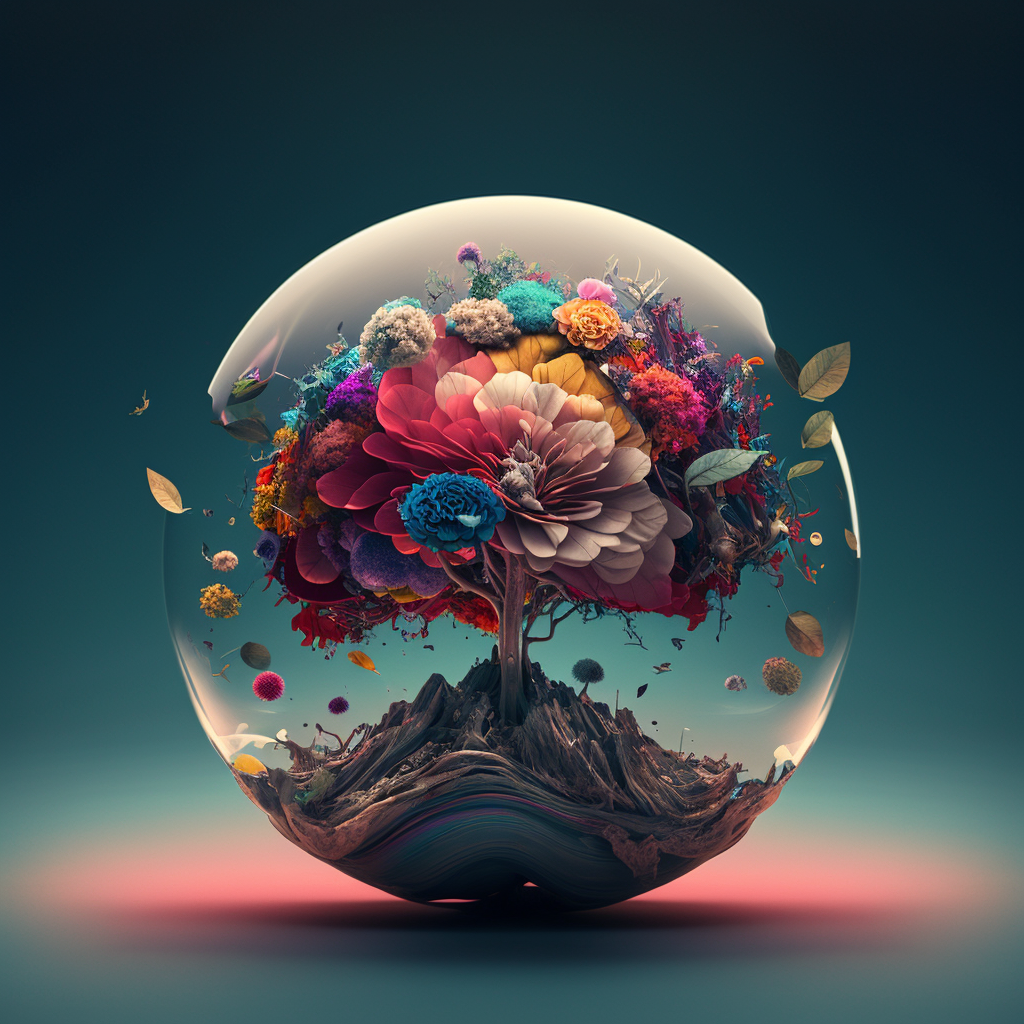|
The Creator Economy has emerged as a powerful force in the digital age, encompassing a wide range of professions that involve creating content or products that are consumed by others. This includes writers, artists, videographers, musicians, software developers, social media influencers, entrepreneurs, educators, and many others. At the same time, advances in artificial intelligence (AI) are transforming every aspect of our lives, from the way we work and communicate to the way we shop and consume media. In this new landscape, the role of creators is evolving, and AI is playing an increasingly important role in shaping the future of the Creator Economy. Whether we call it disruption, evolution, or innovation, the Creator Economy is on the threshold of major changes. Let's explore the role of AI in the Creator Economy, and how creators can leverage the power of AI to create better content and products while maintaining their unique creative vision and voice. Disrupting the Creator Economy
The Creator Economy encompasses a wide range of professions that involve creating content or products that are consumed by others. The rise of the internet has enabled creators to reach a global audience and build personal brands and businesses. As AI continues to advance and mature, it will increasingly transform the way creators work and create content. Here are 20 ways in which AI may disrupt the Creator Economy:
Over the next 5-10 years, the AI disruption is likely to expand exponentially. To navigate these challenges, creators will need to continue to approach AI as a collaborator or partner, rather than a replacement for their own creativity. They will need to remain vigilant about the risks associated with AI and be willing to experiment and adapt to new developments as they arise. AI as a Collaborator for Creators To effectively leverage the power of AI in the creative process, creators need to approach AI as a collaborator rather than a tool or resource. This means treating AI as a creative partner who can bring new perspectives and insights to the creative process. At its core, the creative process is about exploring new ideas, pushing boundaries, and finding new ways to express oneself. However, this process can also be challenging, frustrating, and time-consuming. This is where AI can come in, acting as a collaborator or partner to help creators navigate the creative process more effectively. Overall, AI as a collaborator for creators has the potential to revolutionize the way we think about the creative process, unlocking new possibilities and opportunities for creators in the Creator Economy. The Risks and Challenges of Using AI in the Creative Process While AI can bring many benefits to the creative process, it is not without its risks and challenges. One of the biggest challenges that creators face when it comes to AI is the risk of losing their creative control. If creators rely too heavily on AI-generated content, they may lose their unique creative vision and voice. Another challenge is the potential for homogenization of content. If too many creators rely on the same AI tools and platforms, their content may become too similar and less engaging for their audience. Of course, a big risk to creators is job displacement. As AI automates more tasks in the creative process, some jobs in the Creator Economy will certainly be replaced by AI-powered tools. Creators need to take this risk seriously, and evaluate how they will approach their work as AI becomes a growing part of the Creator Economy. Though job displacement is sure to occur, don't lose sight of the big picture: the AI revolution will result in an explosion of creativity and innovation in all industries. That means more jobs, and tremendous opportunities for individuals and companies.
0 Comments
Leave a Reply. |
Intelligence AmplifiedArchives
April 2023
CategoriesRead our magazine on Flipboard!
|


